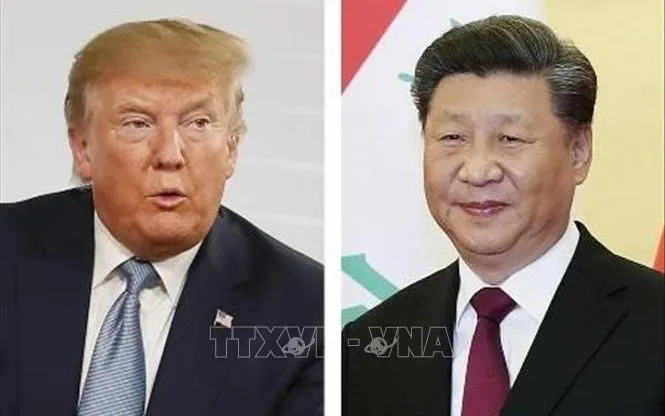
US President Donald Trump (left) and Chinese President Xi Jinping. Photo: Kyodo/VNA
Chinese and U.S. trade negotiators have prepared a series of “ diplomatic victories” for President Donald Trump and President Xi Jinping to announce at this week’s summit. These initial results have helped reassure investors, but the deep-seated disagreements between the world’s two leading economic powers remain unresolved.
Speaking to reporters on October 27, Trump said he "felt very optimistic" about the possibility of reaching an agreement with China, after officials from both countries announced a series of steps to ease bilateral trade tensions over the weekend in Malaysia. Accordingly, China is expected to resume purchasing soybeans from key US agricultural states, while the US may withdraw its latest plan to impose 100% tariffs in exchange for assurances of rare earth magnet supplies from China.
This news boosted global financial markets, with the MSCI World Index nearing an all-time high. However, analysts warn that the agreement arranged for the two leaders to sign in South Korea still avoids thorny issues, such as conflicts of interest regarding national security or the Trump administration's trade rebalancing goals. Notably, Chinese business investment in the US remains heavily restricted, further hindering the process.
Sun Chenghao, a scholar at Tsinghua University (China), noted that in the coming years, the two economies are likely to reach only small-scale agreements on a sectoral basis through prolonged dialogue.
On the US side, Treasury Secretary Scott Bessent has recently urged China to rebalance its economy and encourage stronger domestic consumption. However, China seems to be ignoring that call, having released a new policy document emphasizing the crucial role of manufacturing and technological self-reliance in economic growth at least until 2030.
The key details of the US-China agreement were revealed just as President Trump began his week-long trip to Asia. During this trip, he signed trade agreements with Thailand and Malaysia related to rare earth elements, and also reached an anti-dumping agreement with Cambodia.
Source: https://vtv.vn/dinh-chien-thuong-mai-my-trung-khi-nhung-mau-thuan-cot-loi-chua-duoc-giai-quyet-100251028150331958.htm







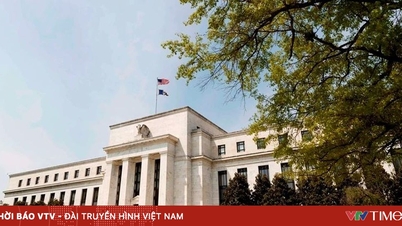
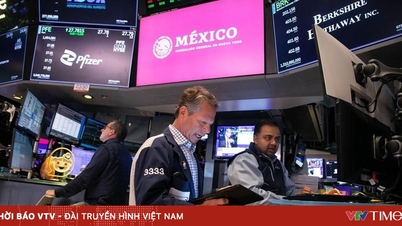
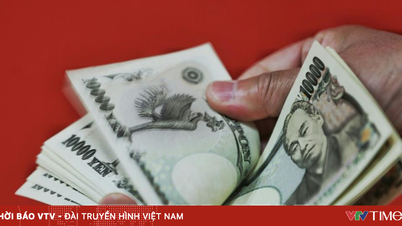
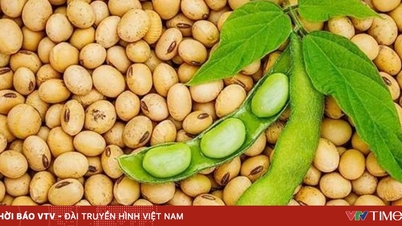
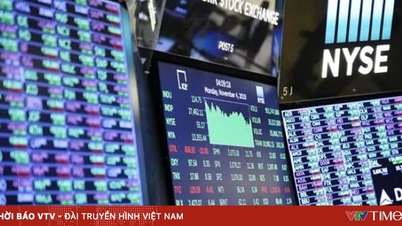

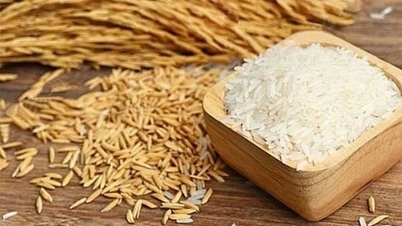











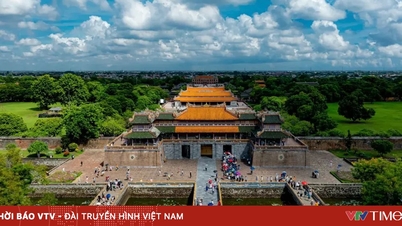
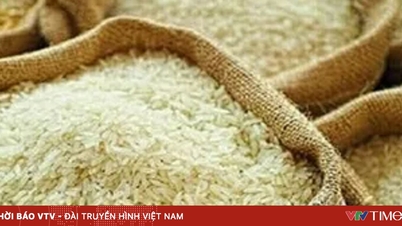
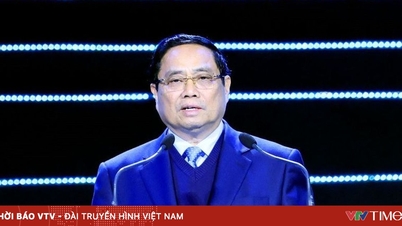
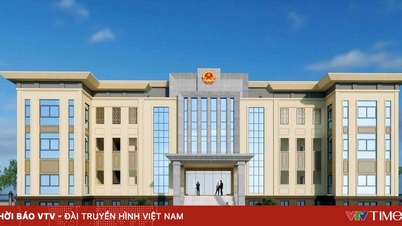




















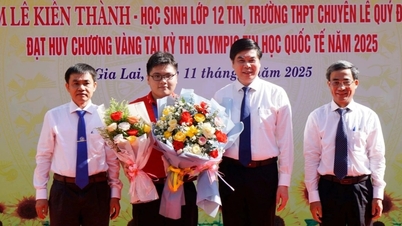


























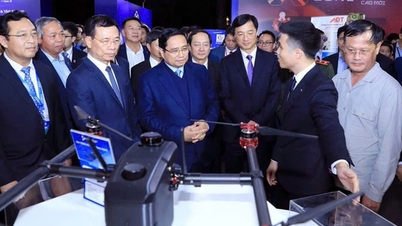



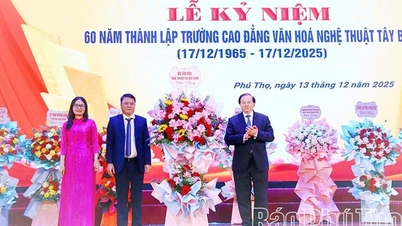
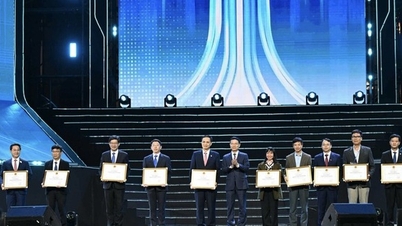
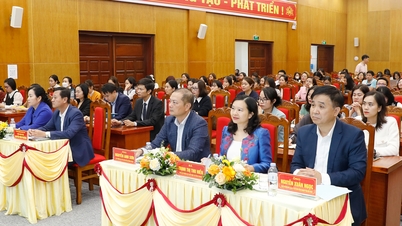

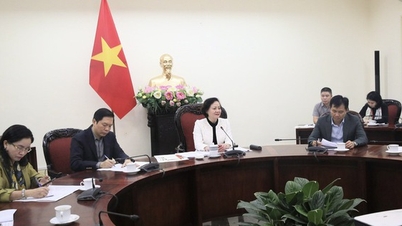
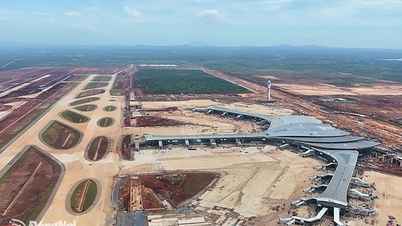

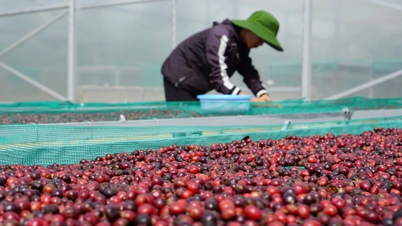























Comment (0)